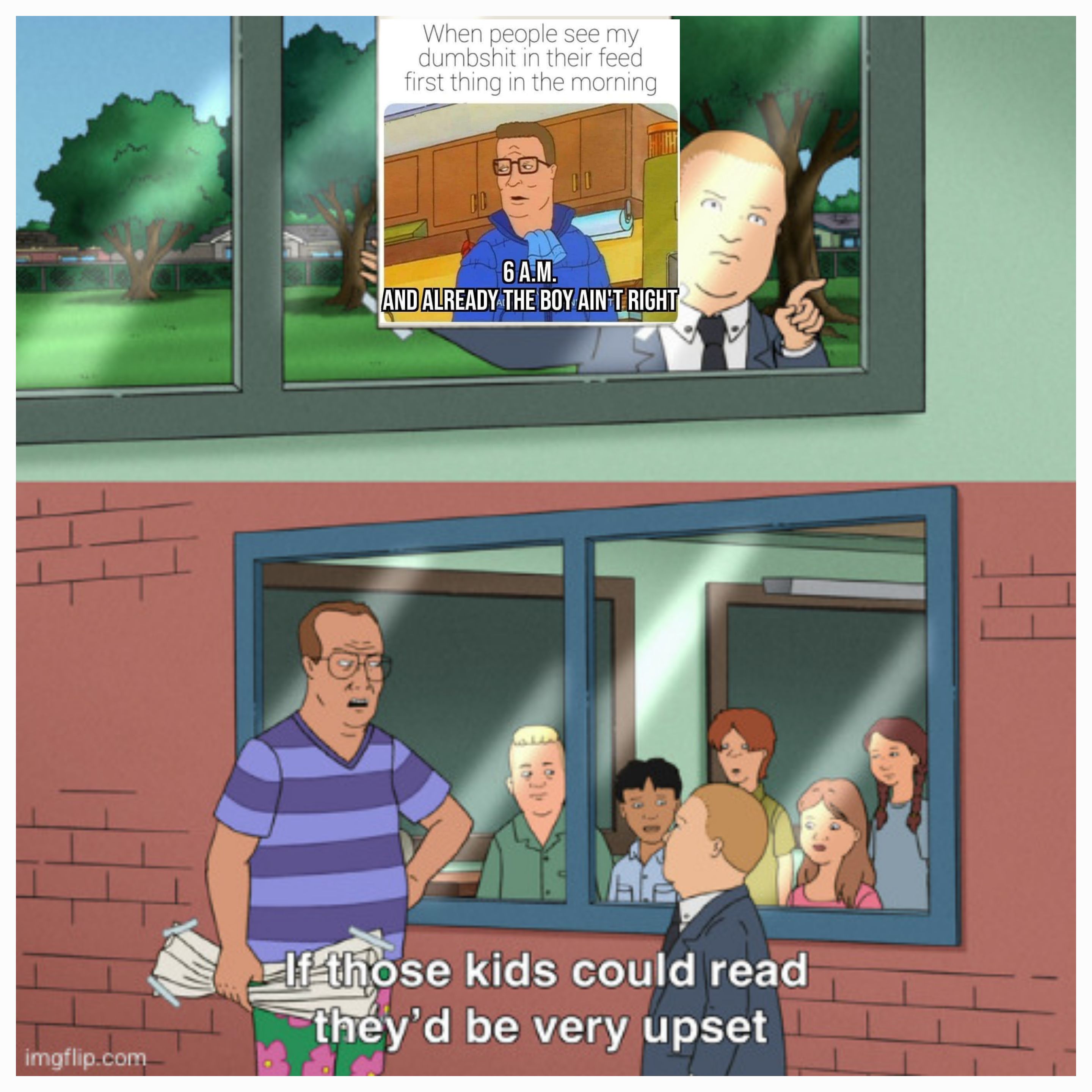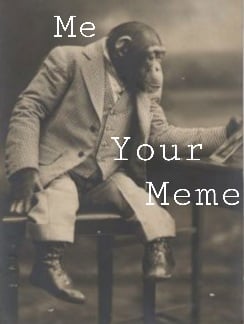

Ahh, I see. Well, it’s natural to congregate to groups you’re similar to - no one likes feeling uncomfortable. But a couple months of being uncomfortable is what it takes. Find some sort of common ground and work from there. Even if you remove any biases of your own, there are those who won’t do the same for you. It isn’t right, but it’s understandable. If someone doesn’t reciprocate any meaningful interest, move on to the next person. It just takes persistence and the desire to interact with other cultures. As I mentioned in my post, building stigmas and unconscious biases down the road often happen because there’s little to no real personal interaction with other groups. Not saying you will, just something I’ve noticed in people through the years, no matter how well-intentioned they may be.





8-Ball for president, fuck it